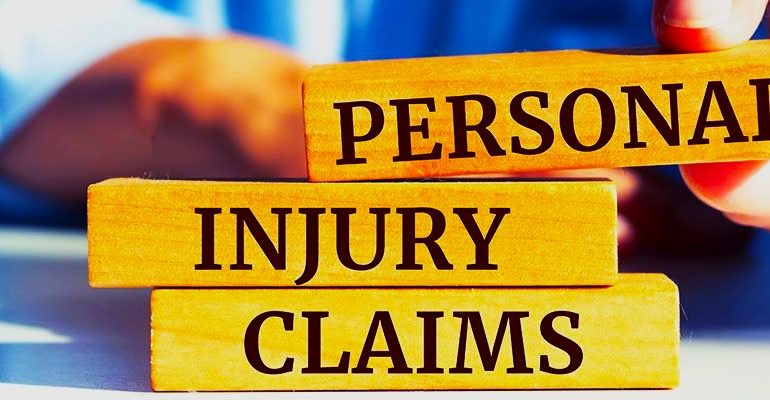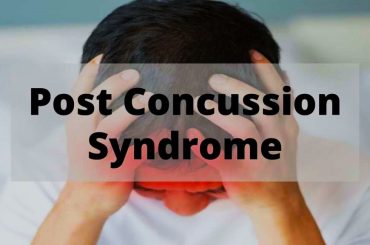In California, personal injury claims against landlords or property managers are frequently filed due to injuries sustained on rental properties. Parties liable in these lawsuits may include individual landlords, corporate landlords, building owners, or property management companies. These lawsuits are based on premises liability law, which seeks to hold property owners accountable for injuries caused by unsafe conditions on their property. Common hazardous conditions leading to such claims include:
- Broken stairs,
- Weak floors,
- Collapsing decks,
- Weak railings,
- Hidden sinkholes in the yard.
These claims aim to secure compensation for injuries suffered and are applicable to various victims such as renters, tenants, visitors, workers, and even trespassers, highlighting the broad scope of potential plaintiffs in premises liability cases.
What are lawsuits against landlords or apartment buildings?
A lawsuit against a landlord or an apartment building is a prevalent type of personal injury claim. In these lawsuits, it is argued that the landlord should be financially responsible for injuries that occur on the property due to unsafe conditions. The basis of these claims is that the landlord’s negligence in maintaining safe premises directly led to the tenant’s injuries.
In proving a landlord’s liability, it must be demonstrated that:
- The defendant owns the property,
- They were negligent in maintaining or using the property, and
- This negligence significantly contributed to the injuries sustained.
Common scenarios leading to injuries on a landlord’s property include:
- Slipping on overly slippery surfaces,
- Tripping over poorly maintained obstacles,
- Falling through deteriorated floorboards,
- Injuries from defective stairs,
- Falling into unseen sinkholes,
- Contact with hazardous substances,
- Falling from broken railings,
- Injuries when a deck or porch collapses, and
- Accidents involving unsafe elevator shafts.
Injuries commonly incurred from these accidents:
- Broken bones, including hands, wrists, and arms, typically from attempts to break a fall,
- Spinal and head injuries,
- Strains, sprains, and muscle tears,
- The elderly are particularly vulnerable, with a higher propensity for serious injuries due to falls.
Legal obligations of property owners:
Landlords and property managers have a duty to ensure the safety of tenants and visitors. They fail in this duty if they are aware of—or should be aware of—a hazard and do not:
- Repair it,
- Safeguard against harm from it, or
- Adequately warn about it.
Landlords are also required to inspect the property regularly to identify any dangers. This includes inspections:
- Before a new tenant moves in,
- Upon lease renewal,
- After a tenant moves out, and
- Periodically during tenancy.
The responsibility for safety cannot be passed to others, such as independent contractors. Landlords remain liable for injuries resulting from neglected hazards, even if they have hired others to manage property maintenance.

Who can sue my landlord?
Landlords and apartment buildings can face lawsuits not only from injured tenants but also from a variety of other individuals who might be injured on their property. These potential plaintiffs include:
Tenants
Tenants are primarily the individuals who have entered into a lease agreement with the landlord, paying for the right to occupy the property. They can be residential or commercial tenants. Under their lease agreements and state law, tenants have specific rights that require landlords to maintain the property in a safe condition and address hazardous issues like broken steps or faulty handrails.
Invitees or Business Visitors
Invitees are individuals who enter the property for business purposes, such as customers in a store or clients in an office building. Landlords have a heightened responsibility to ensure the safety of these visitors since their presence is both foreseeable and beneficial to the landlord’s business. This includes conducting regular inspections to identify and rectify potential hazards.
Licensees or Invited Guests
Licensees are those who have been invited onto the property for non-business reasons. This group includes social guests like dinner guests, family members, and friends, as well as individuals who have an implied invitation to enter the property, such as meter readers and mail carriers. Landlords are obligated to fix known dangers or adequately warn licensees about them, though they are not required to inspect the property for potential hazards as with invitees.
Trespassers
Trespassers are individuals who enter the property without any legal right or invitation. Generally, landlords owe the least duty of care to trespassers. However, landlords can still be held liable for injuries to trespassers if the harm was inflicted intentionally or through gross negligence.
Who can be held liable for an injury on the landlord’s property?
Those who can be held liable for an injury on a landlord’s property include individuals or entities who:
- Own,
- Lease,
- Occupy, or
- Control the property.
This implies that tenants themselves can potentially be held liable if a visitor or third party suffers an injury on the premises they lease. However, because tenants often lack the financial resources to cover the costs associated with such injuries, legal focus and responsibility frequently shift towards the landlords.
What kind of compensation can I recover in a lawsuit against a landlord?
In a lawsuit against a landlord for injuries caused by unsafe property conditions, you may be entitled to compensatory damages designed to reimburse you for the losses incurred due to your injuries. These compensatory damages can include:
- Medical bills and medical expenses,
- Lost wages,
- Lost earning capacity,
- Pain and suffering, which covers emotional distress, psychological trauma, and loss of quality of life,
- Scarring and disfigurement,
- Loss of consortium, affecting your family,
- Wrongful death.
Damages that can be clearly quantified, such as medical bills and lost wages, are known as economic damages. In contrast, damages that are more subjective and harder to quantify, such as pain and suffering or scarring, are considered non-economic damages because they do not have a fixed monetary value.
In exceptional cases, you might also be eligible to receive punitive damages, which are intended to punish the defendant for particularly egregious behavior, such as acts of sexual assault, battery, or invasion of privacy.
Evidence typically used to prove your losses includes:
- Pay stubs,
- Medical records, including prescriptions,
- Bills for transportation to medical facilities,
- Surveillance footage showing the accident or the hazardous condition,
- Eyewitness testimony (it’s crucial to obtain contact details of witnesses),
- Your personal account of the incident (it’s advisable to take photos and make detailed notes promptly),
- Testimony from maintenance personnel who might confirm negligence in property upkeep,
- Any other documentary proof of the accident.
Moreover, even if you were partly responsible for the accident, you could still recover damages under California’s comparative fault laws, although your compensation would be proportionally reduced based on your degree of fault.
When can I file the lawsuit?
If you’ve suffered a personal injury on a rental property, it’s crucial to act promptly due to legal time limits. In California, you have a 2-year statute of limitations period to file a lawsuit against a landlord or apartment building. If you fail to file within this period, your lawsuit is likely to be dismissed. Therefore, first ensure you seek medical attention for your injuries, and then consult with our California personal injury attorneys to discuss your options. It may be possible to achieve a favorable settlement without proceeding to a jury trial.




